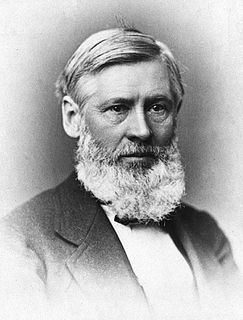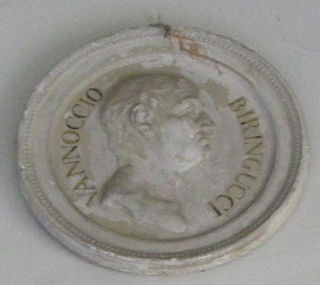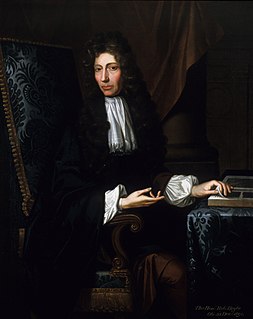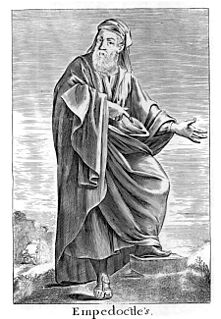A Quote by Marcus Vitruvius Pollio
While all bodies are composed of the four elements, that is, of heat, moisture, the earthy, and air, yet there are mixtures according to natural temperament which make up the natures of all the different animals of the world, each after its kind.
Related Quotes
Fir : it contains a great deal of air and fire with very little moisture and the earthy, so that, as its natural properties are of the lighter class, it is not heavy. Hence, its consistence being naturally stiff, it does not easily bend under the load, and keeps its straightness when used in the framework. But it contains so much heat that it generates and encourages decay, which spoils it; and it also kindles fire quickly because of the air in its body, which is so open that it takes in fire and so gives out a great flame.
[On the propulsive force of rockets] One part of fire takes up as much space as ten parts of air, and one part of air takes up the space of ten parts of water, and one part of water as much as ten parts of earth. Now powder is earth, consisting of the four elementary principles, and when the sulfur conducts the fire into the dryest part of the powder, fire, and air increase ... the other elements also gird themselves for battle with each other and the rage of battle is changed by their heat and moisture into a strong wind.
The spirit, if it could be seen with mortal eyes, would appear in bodily shape like a full-grown person with individual endowments that make it a counter-part of the body in which it [resides,] "that which is temporal in the likeness of that which is spiritual." (D&C 77:2.) It was that which came from God and entered at birth into the infant body prepared by its mortal parents. The spirit was of the "Lord from heaven." The physical body was "of the earth, earthy," (2 Cor. 15:47) or in other words, composed of the elements of which the things in the physical world are composed.
To our senses, the elements are four and have ever been, and will ever be for they are the elements of life, of poetry, and of perception, the four Great Ones, the Four Roots, the First Four of Fire and the Wet, Earth and the wide Air of the World. To find the other many elements, you must go to the laboratory and hunt them down. But the four we have always with us, they are our world. Or rather, they have us with them.
The larch... is not only preserved from decay and the worm by the great bitterness of its sap, but also it cannot be kindled with fire nor ignite of itself, unless like stone in a limekiln it is burned with other wood... This is because there is a very small proportion of the elements of fire and air in its composition, which is a dense and solid mass of moisture and the earthy, so that it has no open pores through which fire can find its way... Further, its weight will not let it float in water.
A Christian man is on his guard with respect to those who philosophize according to the elements of this world, not according to God, by Whom the world itself was made; for he is warned by the precept of the apostle and faithfully hears what has been said, 'Beware that no one deceive you through philosophy and vain deceit, according to the elements of the world'
It's said that when we die, the four elements - earth, air, fire and water - dissolve one by one, each into the other, and finally just dissolve into space. But while we're living, we share the energy that makes everything, from a blade of grass to an elephant, grow and live and then inevitably wear out and die. This energy, this life force, creates the whole world.
(On the temperature of water in wells) The reason why the water in wells becomes colder in summer is that the earth is then rarefied by the heat, and releases into the air all the heat-particles it happens to have. So, the more the earth is drained of heat, the colder becomes the moisture that is concealed in the ground. On the other hand, when all the earth condenses and contracts and congeals with the cold, then, of course, as it contracts, it squeezes out into the wells whatever heat it holds.
And, to prevent mistakes, I must advertize you, that I now mean by elements, as those chymists that speak plainest do by their principles, certain primitive or simple, or perfectly unmingled bodies; which not being made of any other bodies, or of one another, are the ingredients of which all those called perfectly mixt bodies are immediately compounded, and into which they are ultimately resolved: now whether there be any such body to be constantly met with in all, and each, of those that are said to be elemented bodies, is the thing I now question.
The force that unites the elements to become all things is Love, also called Aphrodite; Love brings together dissimilar elements into a unity, to become a composite thing. Love is the same force that human beings find at work in themselves whenever they feel joy, love and peace. Strife, on the other hand, is the force responsible for the dissolution of the one back into its many, the four elements of which it was composed.

































